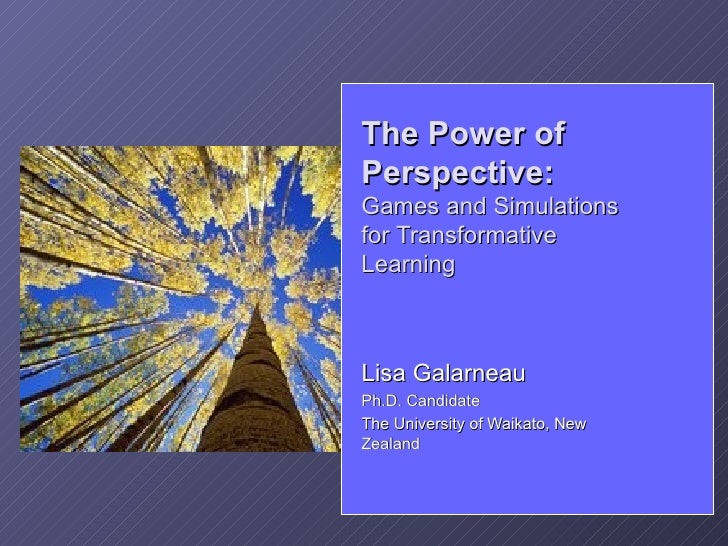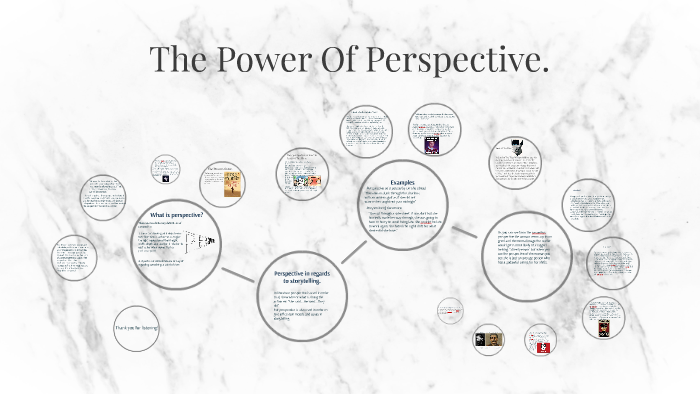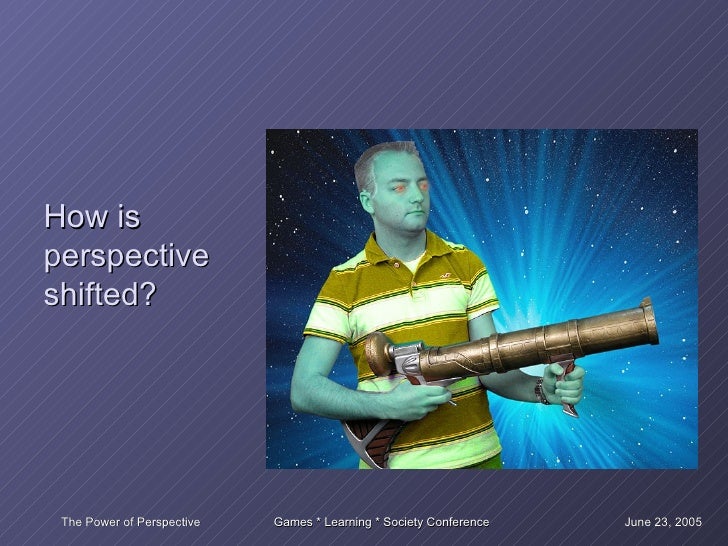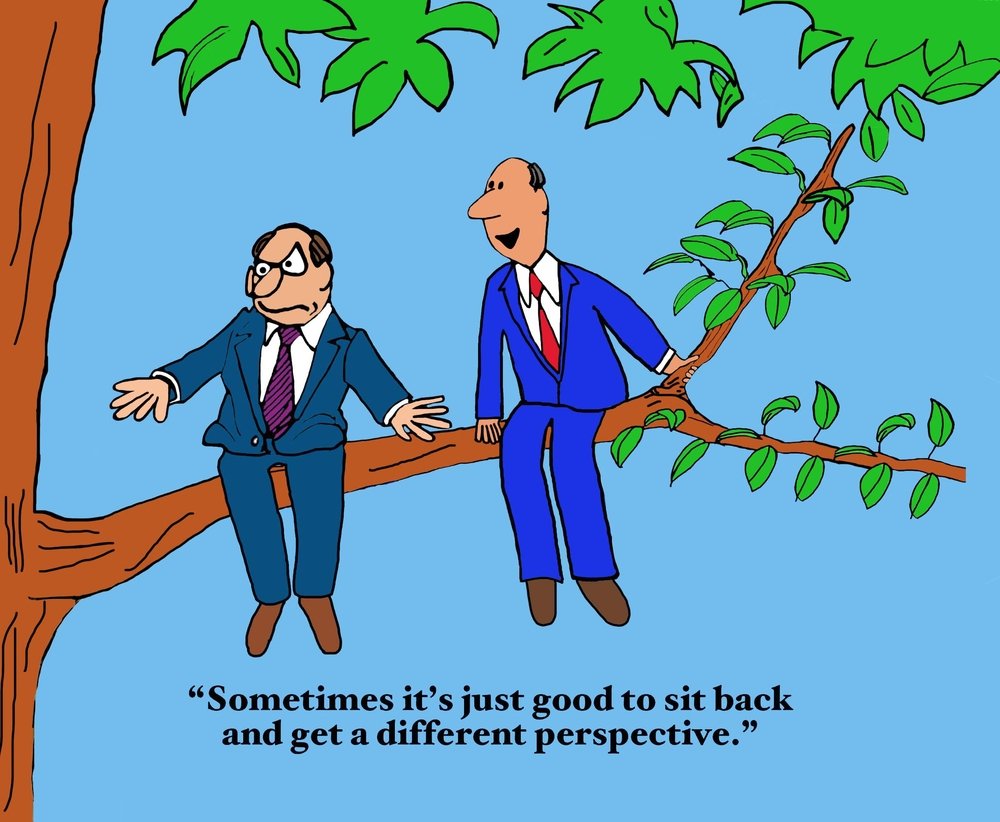The Power Of Perspective: Understanding "Whose Game Is It?"
The Power of Perspective: Understanding "Whose Game Is It?"
Related Articles: The Power of Perspective: Understanding "Whose Game Is It?"
Introduction
With enthusiasm, let’s navigate through the intriguing topic related to The Power of Perspective: Understanding "Whose Game Is It?". Let’s weave interesting information and offer fresh perspectives to the readers.
Table of Content
The Power of Perspective: Understanding "Whose Game Is It?"

The phrase "Whose game is it?" transcends mere casual conversation. It delves into the core of strategic thinking, decision-making, and understanding power dynamics. This article will explore the multifaceted implications of this question, examining its application in various contexts, from personal relationships to global politics.
Deciphering the Phrase: A Framework for Understanding
At its heart, "Whose game is it?" prompts an examination of control and influence. It encourages individuals to analyze situations objectively, considering the underlying agendas and goals of those involved. By asking this question, one seeks to identify the key players, their motivations, and the rules of the game they are playing.
The Benefits of Asking "Whose Game Is It?"
- Enhanced Awareness: This question fosters a heightened awareness of the dynamics at play, shifting the focus from individual perspectives to a broader understanding of the situation.
- Strategic Advantage: By identifying the game’s rules and the players’ objectives, one can develop more effective strategies to navigate the situation.
- Improved Decision-Making: Understanding the game’s context allows for informed decisions that align with one’s own goals and anticipate potential outcomes.
- Empowerment: Recognizing the influence dynamics empowers individuals to take control of their own actions and navigate the situation strategically.
Applications in Diverse Contexts
1. Personal Relationships:
- Romantic Relationships: "Whose game is it?" can help identify power imbalances, unhealthy patterns, and the underlying motivations of partners.
- Family Dynamics: Understanding the rules of the family "game" can facilitate better communication, resolve conflicts, and foster healthier relationships.
- Friendships: Analyzing the dynamics within a friendship group can reveal unspoken expectations, potential conflicts, and the true nature of the bonds.
2. Professional Environments:
- Negotiations: Identifying the "game" being played by each party helps in achieving a favorable outcome.
- Workplace Politics: Understanding the power structures and unspoken rules can navigate office dynamics effectively.
- Team Collaboration: Recognizing individual motivations and goals can lead to more productive and collaborative work environments.
3. Global Politics and International Relations:
- Geopolitical Conflicts: Examining the underlying interests and objectives of nations involved in conflicts can provide insights into potential solutions.
- International Trade Agreements: Understanding the motivations of countries involved in trade negotiations allows for predicting potential outcomes and navigating the complexities of the agreements.
- Foreign Policy: Analyzing the "game" played by various actors in the international arena helps in understanding the motivations and strategies behind foreign policy decisions.
FAQs: Addressing Common Questions
Q: How do I identify the game being played?
A: Pay close attention to the actions and behaviors of those involved. Observe their communication patterns, decision-making processes, and the overall dynamics of the situation. Consider their potential goals, motivations, and the rules they seem to be following.
Q: What if I don’t know the players’ motivations?
A: It is often impossible to know the true motivations of others. However, by analyzing their actions and making educated guesses, you can still gain valuable insights into the game being played.
Q: Can I change the game?
A: Sometimes, it is possible to influence the game by changing the rules or introducing new elements. However, it is important to assess your power and influence within the situation before attempting to do so.
Q: What if I’m not comfortable with the game?
A: If you are uncomfortable with the game being played, you have the option to withdraw from it or attempt to change it. However, it is crucial to understand the potential consequences of your actions.
Tips for Navigating "Whose Game Is It?"
- Be Observant: Pay close attention to the details of the situation and the actions of those involved.
- Question Assumptions: Challenge your own assumptions and biases to gain a more objective understanding of the dynamics.
- Consider Multiple Perspectives: Try to see the situation from the perspectives of all involved parties.
- Communicate Effectively: Express your understanding of the game clearly and honestly, seeking clarification when needed.
- Be Strategic: Develop a plan of action that aligns with your goals and considers the potential outcomes.
Conclusion: The Importance of Perspective
Asking "Whose game is it?" is not about cynicism or paranoia. It is a powerful tool for gaining a deeper understanding of the world around us. By recognizing the power dynamics, motivations, and underlying agendas, we can make more informed decisions, navigate complex situations, and ultimately, take control of our own lives.
This question encourages us to step outside of our individual perspectives and embrace a broader, more strategic view of the world. It is a reminder that we are all playing a part in a larger game, and by understanding the rules, we can play our roles more effectively and achieve our desired outcomes.








Closure
Thus, we hope this article has provided valuable insights into The Power of Perspective: Understanding "Whose Game Is It?". We thank you for taking the time to read this article. See you in our next article!